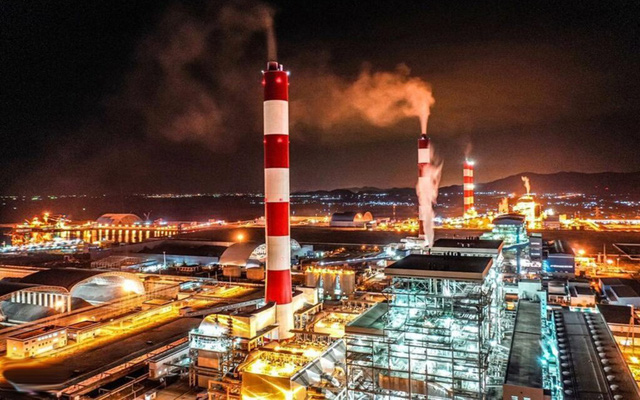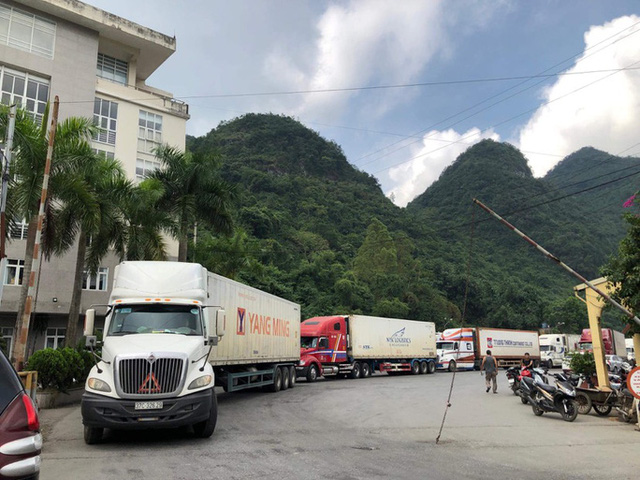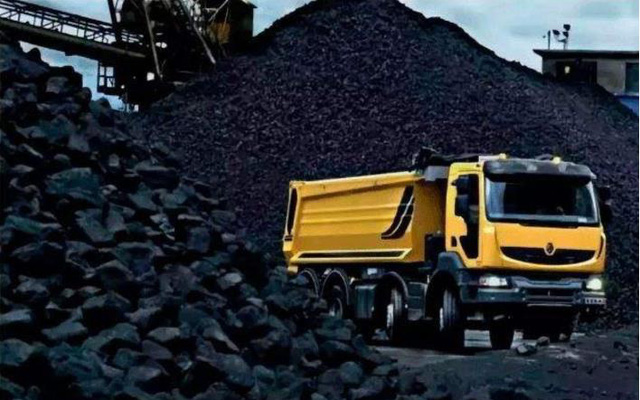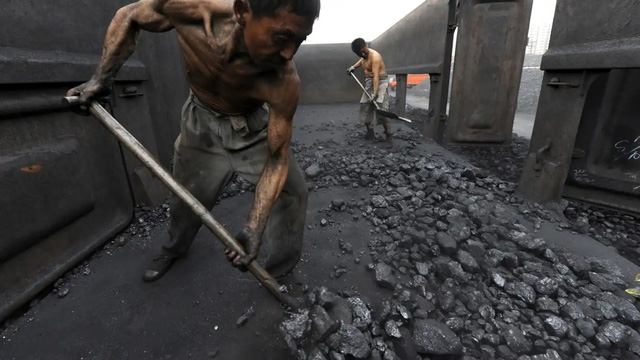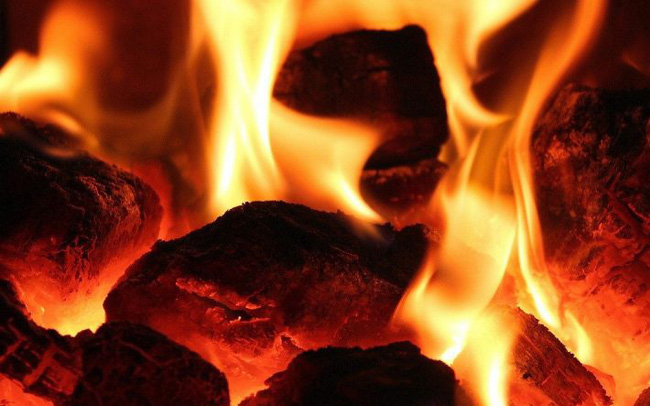Although China is still the largest importer of goods in the world, China is no longer at the center of the global goods industry.
Commodity prices are currently falling, but it is still too early for Beijing to declare victory in a two-month battle to prevent prices from rising too high and lower input costs for factories.
Chinese authorities have rolled out a variety of measures, ranging from trading restrictions to specific disclosure of state reserves. Chinese authorities are trying to contain inflation by cooling down commodity prices. Prices of many commodities are falling, especially steel prices have fallen quite deeply.
However, it is not clear how much of that decline is due to measures to prevent prices from heating up from Beijing, and the results are not always consistent. Coal prices are rising again while metal and food prices are falling. Most importantly, the price drop may not last long, and China’s efforts to rein in rising commodity prices may not be as effective as in the past.
For Beijing, the biggest challenge is the changed global landscape. Although China is still the largest importer of goods in the world, China is no longer at the center of the global goods industry. The deep drop in commodity prices last week was caused by the Federal Reserve’s (Fed) tough stance last week, in addition to Beijing’s campaign to reduce commodity prices.
Likewise, if the commodity-price optimists are correct and the decline in commodity prices is short-lived, it can be seen that Beijing has used most of the tools it has already used. have.
Intervention can also help relieve pressure, but it is difficult to change the trend. Commodity inflation was pushed up mainly by global demand growth, not just China. China only plays the role of supporting price adjustment,” said Hao Hong, head of research and strategy at Bocom International.
In order to understand what is to come, it is also necessary to look at each individual market. Here’s a look at some of China’s most important commodity markets and how commodity prices move.
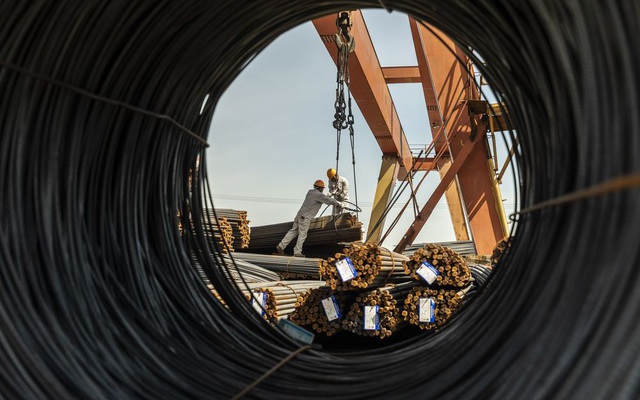
Copper futures prices last week closed at a two-month low after a double shock from Beijing. China’s pledge to release its national stockpile may signal Beijing’s commitment to price curbs, while also warning state-owned enterprises to reduce their participation in international commodity markets. But even if the strategic reserve is sold on the market, many do not believe the price will fall for long enough.
Copper prices lost hot momentum when China announced state reserves. Citigroup analyst Tracy Liao said: “We don’t think the commodity rally is over. China’s measures are aimed at preventing expectations and speculation, not just solving the problems of supply-demand imbalance. As reserves decrease, it is more likely that investors will buy as soon as prices fall, so commodity prices will increase again in the coming months.”
T&G International Joint Stock Company
Address: 352 Hue Street, Le Dai Hanh Ward, Hai Ba Trung District, Hanoi
Hotline: 0345786803
Email: hrm@tginterjsc.com
Website: http://tginternationaljsc.com



